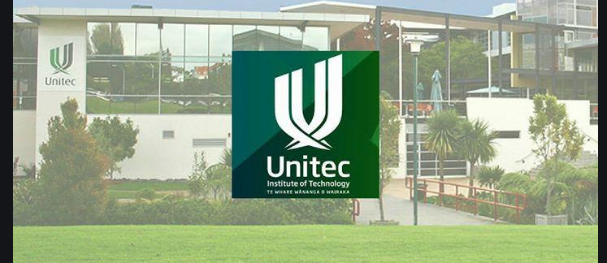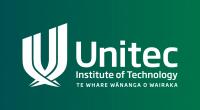New Zealand Diploma in Engineering (Electronic)
Does a career in telecommunications or electronics sound like you? The Electronic pathway in the New Zealand Diploma in Engineering is your entry into computer programming, microcontrollers, and learning about electronic circuits and their applications. As a graduate of this programme, you’ll be able to gain employment as engineering technician in the electronics field.
This programme now also prepares you to sit the Electrical Workers Registration Board (EWRB) theory and regulations exam for the Electrical Service Technician (EST) class of registration. This registration allows you to work independently as registered electrical worker and improve your employability in your field. Read more about the EWRB exam below.
Graduates from the NZ Diploma in Engineering - Electronic will be able to:
- Apply engineering theory to practice working within well-defined engineering problems relevant to their specialist field of electronic engineering
- Use your new engineering knowledge to make informed problem-solving decisions in electronic engineering and implement these decisions
- Identify, evaluate and manage risks within well-defined engineering problems relevant to the field of electronic engineering
- Sit the certification exam with the EWRB and gain your Electrical Engineer registration
Highlights
- This programme is a nationally developed and internationally recognised engineering qualification
- Internationally recognised under the Dublin Accord; this means this qualification is recognised in the US, UK, Australia, Canada and much more.
- Work towards your EST registration and be able to work independently as registered electrical worker
- Option to work towards your CCNA exam with CISCO and be recognised as a qualified Network Engineer/Technician (pending minimum numbers) see more info below
- Small classes: the average class size is just 35 students
- Can serve as a pathway into graduate engineering qualifications
- Focus on real-world learning: observe the day-to-day activities of engineering sites, and take part in lab work, workshops and debates
- Visiting industry experts will give you a real feel for the career opportunities available in electronic engineering
Intakes
- Feb
Application Processing Time in Days: 30
Application Process
Minimum English Language Requirements
| English Level Description | IELTS (1.0 -9.0) | TOEFL IBT (0-120) | TOEFL CBT (0-300) | PTE (10-90) | |
|---|---|---|---|---|---|
| Expert | 9 | 120 | 297-300 | 86-90 | |
| Very Good | 8.5 | 115-119 | 280-293 | 83-86 | |
| Very Good | 8 | 110-114 | 270-280 | 79-83 | |
| Good | 7.5 | 102-109 | 253-267 | 73-79 | |
| Good | 7 | 94-101 | 240-253 | 65-73 | |
| Competent | 6.5 | 79-93 | 213-233 | 58-65 | |
| Competent | 6 | 60-78 | 170-210 | 50-58 | |
| Modest | 5.5 | 46-59 | 133-210 | 43-50 | |
| Modest | 5 | 35-45 | 107-133 | 36-43 | |
| Limited | 4 | 32-34 | 97-103 | 30-36 | |
| Extremely Limited | < 4 | < 31 | < 93 | < 30 |
PSW Opportunity
- During study, all students on a student visa can work up to 20 hours per week during semester and full time during vacations.
- After completing Level 7 Bachelor’s Degree or Higher Qualification, a student will get a three years open post-study work visa.
- After completing Level 8 Post Graduate courses of 1 year, students get 1 year PSW.
- Course Type: Full Time
- Course Level: Under Graduate Diploma or Certificate
- Duration: 02 Year
-
Total Tuition Fee:
46920 NZD
Annual Cost of Living: 20000 NZD
Application Fee: N/A
Similar Programs
- New Zealand Diploma in Surveying at Unitec Institute of Technology
- New Zealand Diploma in Information Systems (Level 5) at Unitec Institute of Technology
- New Zealand Diploma in Engineering (Electrical) at Unitec Institute of Technology
- New Zealand Diploma in Engineering (Civil) at Unitec Institute of Technology
- New Zealand Diploma in Construction at Unitec Institute of Technology
- New Zealand Diploma in Architectural Technology at Unitec Institute of Technology

